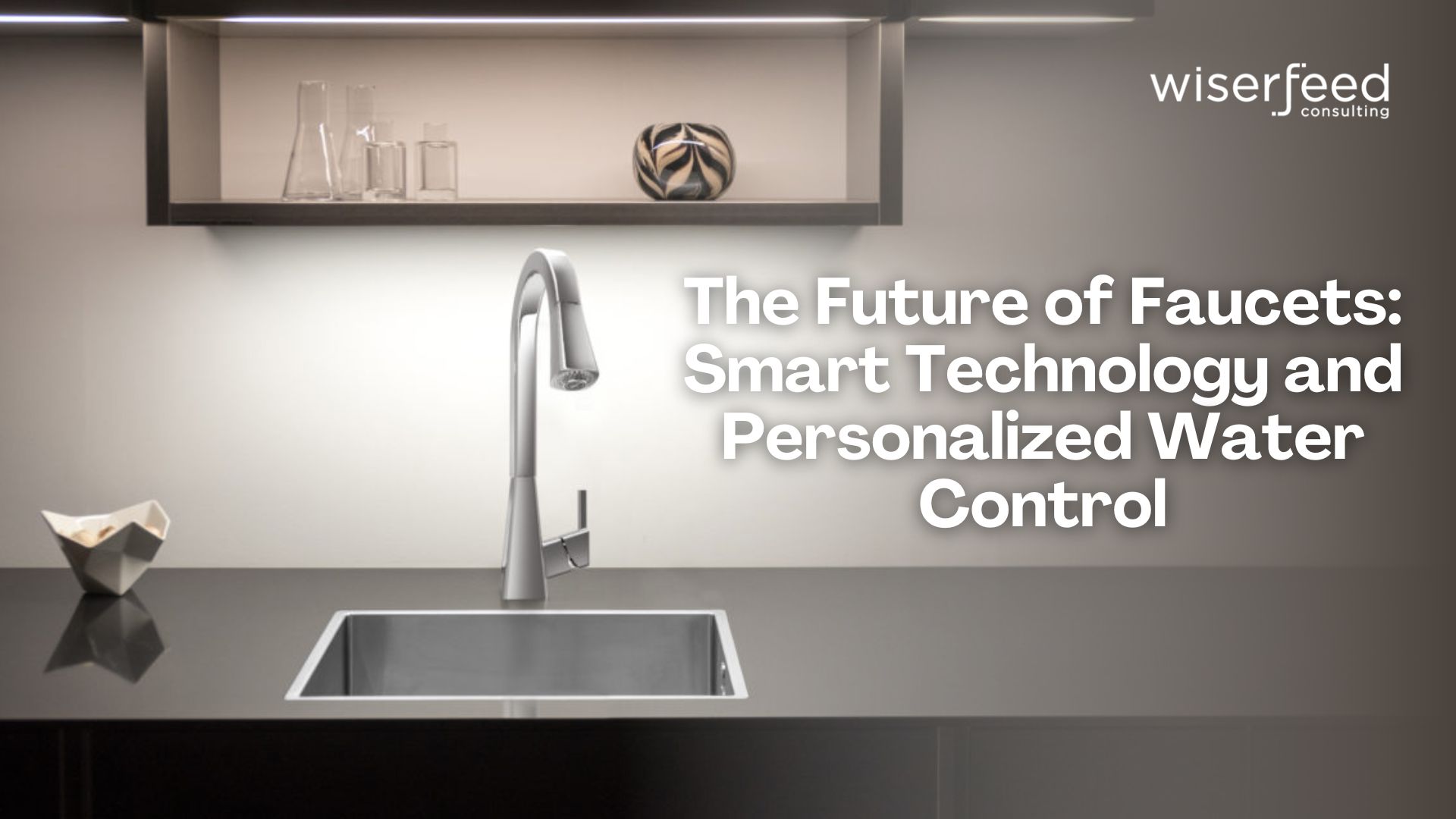The way faucets have evolved throughout time—from simple plumbing fixtures to cutting-edge smart devices—indicates a big change in how we use water daily. With the increasing integration of technology in our homes, faucets are becoming more intelligent, efficient, and capable of offering customized water control. This blog examines the prospects for faucets, emphasizing the use of smart technologies, customized features, and major Indian industry participants. Trends and market dynamics will be demonstrated using visualizations.
The Evolution of Faucets: From Basics to Smart Technology
In the past, the only function of a faucet was to distribute water. But thanks to technology improvements, they are now sophisticated devices with a range of functions. Contemporary faucets are now furnished with digital controls, voice-activated instructions, water temperature settings, and touchless operation.

DPPIT- Graph illustrating the evolution of faucet technology over time. It shows the progression from basic faucets in the 1950s to smart faucets in the 2020s, highlighting key technological advancements like mixer faucets, ceramic disc faucets, touchless faucets, and digital faucets.
Key Features of Smart Faucets

The Indian Market Landscape
India’s faucet market is growing rapidly, driven by urbanization, increasing disposable incomes, and a rising awareness of smart home solutions. Several key players dominate the market, offering a range of smart faucet products tailored to various customer needs.

Ministry of Commerce & Industry- Pie chart showing the market share of major players in the Indian smart faucet market. The data highlights the dominance of Jaquar, Kohler, Hindware, and Cera, along with a segment for other companies.
Major Players in the Indian Market

Personalized Water Control: A Step Towards Customization
The concept of personalized water control is becoming increasingly popular. Smart faucets can be programmed to deliver water at specific temperatures and flow rates, tailored to individual preferences. This feature is particularly beneficial for activities like washing hands, filling pots, or even bathing pets.

Bar chart illustrating the benefits of personalized water control, highlighting convenience, water conservation, and user satisfaction. The ratings show that user satisfaction is particularly high, followed by convenience and water conservation.
Future Trends and Innovations
- Integration with Smart Home Ecosystems– The integration of smart faucets with broader smart home ecosystems is expected to grow. This will allow for seamless control of all connected devices, enhancing user experience and convenience.
- Sustainability and Eco-Friendly Solution– As environmental concerns rise, the focus on water conservation and eco-friendly materials in faucet manufacturing will increase. Smart faucets with water-saving features and sustainable designs will become more prevalent.
- Advanced Sensors and AI Integration– Future smart faucets may include advanced sensors and AI integration, enabling them to learn user preferences over time and automatically adjust settings for optimal use.
Conclusion
The future of faucets lies in smart technology and personalized water control. As more households in India embrace these advancements, the demand for smart faucets is expected to grow. Companies like Jaquar, Kohler, Hindware, Cera, and Parryware are leading the charge, offering innovative solutions that cater to the evolving needs of consumers. With features like touchless operation, precise temperature control, and integration with smart home systems, smart faucets are set to revolutionize the way we interact with water in our homes.





